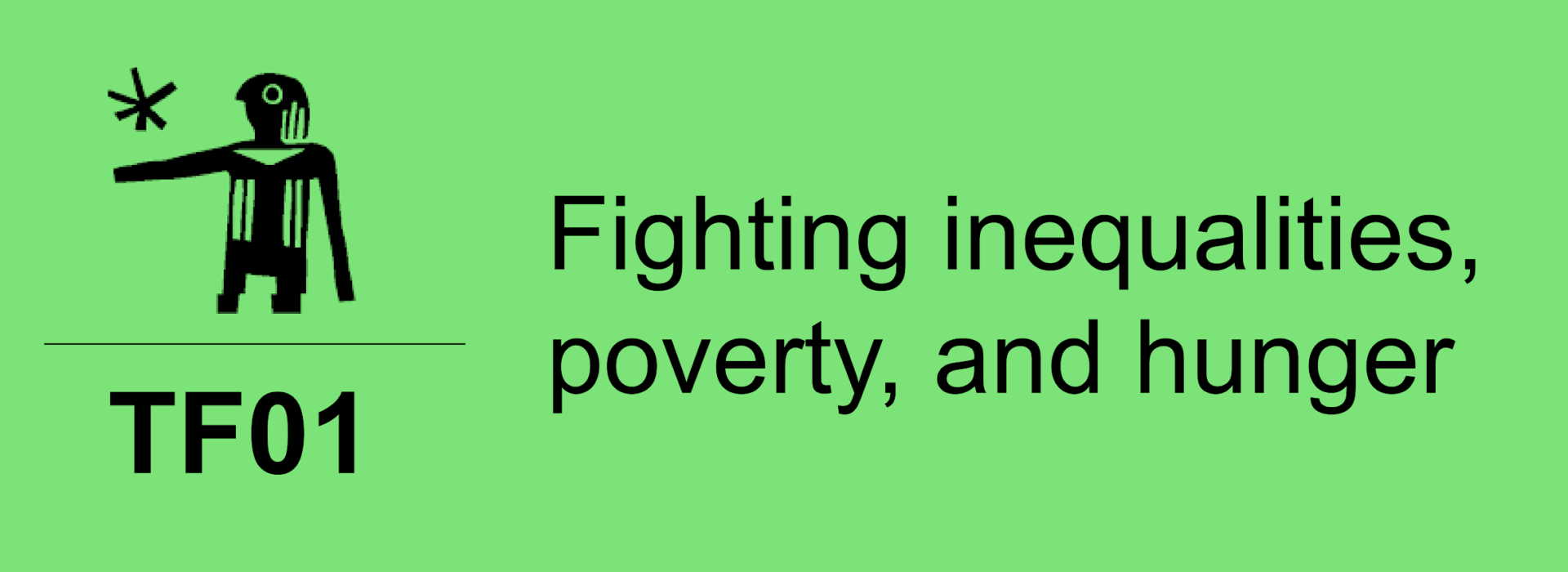Across the world we are not on track to achieve gender equality by 2030 (United Nations, 2023). While existing policies and financing mechanisms aim to support recovery and advance the Sustainable Development Goals (SDGs), structural inequalities between countries and within developing countries impede progress. Since COVID19 there is growing understanding across stakeholders that the care agenda is a condition to advance gender equality and reduce poverty. In Latin America and the Caribbean (LAC) the pandemic’s impact has disproportionately affected women’s economic participation. Women continue to be disproportionately unemployed, under-employed, working in the informal economy or living in households without an income. A just transition requires substantial reforms in financing mechanisms and public financial management frameworks as well as new productive policies to transform all sectors and particularly the care sector. Women’s unpaid care work reduces women’s economic, social and political opportunities and is not accounted for in GDP, which undervalues women’s full contribution to society (United Nations, 2023). In LAC, a large proportion of women work in the informal sector and continue to be poor, struggling with the impact of the multiple crises and the digital economy transition. Investing in social protection and comprehensive care policies and systems has multiple effects creating jobs, wellbeing, revenue and reducing poverty and inequality. This Policy Brief summarizes recommendations to the G20 and governments to address these challenges, shift the economy and advance sustainable development through the lens of care, gender equality, social cohesion, climate transition, public debt management, and financial sustainability.
Register for Updates
Would you like to receive updates on the Global Solutions Initiative, upcoming events, G7 and G20-related developments and the future of multilateralism? Then subscribe here!
1 You hereby agree that the personal data provided may be used for the purpose of updates on the Global Solutions Initiative by the Global Solutions Initiative Foundation gemeinnützige GmbH. Your consent is revocable at any time (by e-mail to contact@global-solutions-initiative.org or to the contact data given in the imprint). The update is sent in accordance with the privacy policy and to advertise the Global Solutions Initiative’s own products and services.









